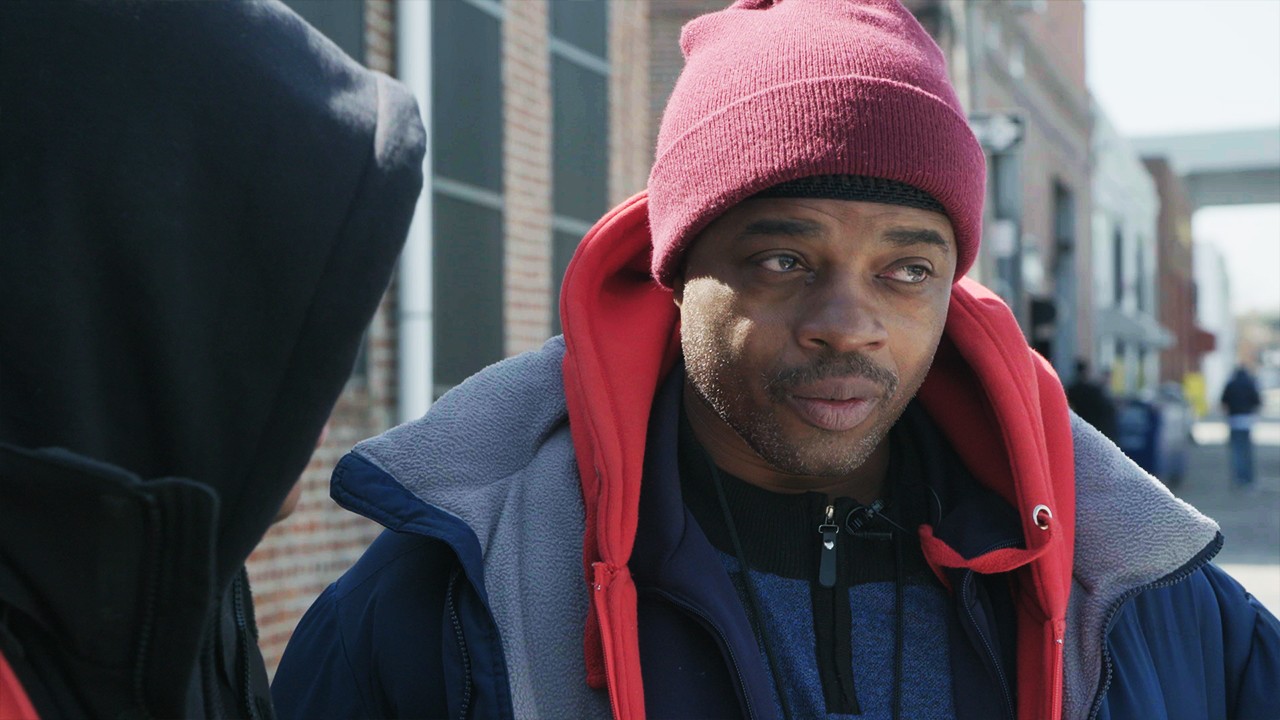Florida alone accounts for one quarter of the national number of Americans denied the right to vote due to felony disenfranchisement, according to criminal justice advocacy organization the Sentencing Project. Florida imposes a lifetime voting ban on people with felony convictions – and the state has a whopping 1.5 million people disenfranchised because of criminal conviction. This means people who have paid their debt to society will never be allowed to exercise the right to vote in the community they're expected to integrate back into. The American Civil Liberties Union (ACLU), through its grassroots People Power platform, launched its Let People Vote campaign on October 1 to fight to restore voting rights in Florida – and all forms of voter suppression across the United States.Ronald Newman, ACLU's director of strategic initiatives, argued that permanently restricting the right to vote from those who have prior criminal convictions simply "makes no sense.""When you return home to your community, you're once again a part of society," Newman told VICE Impact. "It makes no sense you're participating in your community in every way imaginable except voting."The campaign goal is to collect 1 million signatures by December 31, 2017, in order to place the constitutional amendment on the state's November 2018 ballot. The state requires a petition to have 766,200 signatures to get on the 2018 ballot, but the campaign has set a 1 million signature goal to ensure the number of valid signatures. Once on the ballot, the amendment would need support of 60 percent of midterm voters in order to pass.
Check out more videos from VICE:
Newman believes there are likely populations of people across the United States, and in Florida, who are unaware of the degree to which people with prior criminal convictions are restricted to vote."The other thing I think people miss is the sheer number of people that are affected," Newman told VICE Impact. He added, "A quarter of the disenfranchised are in one state. When we engage with people in Florida, we found that people feel a certain degree of shame that their state have disenfranchised a quarter of the people."In Florida, 10 percent of Florida adults can't vote due to felony convictions, as reported by The New York Times.According to The Sentencing project, 6.1 million Americans across the country are barred from voting due to felony disenfranchisement, and other laws restricting voting rights for people with past criminal convictions. That's why the ACLU's Let People Vote Campaign is a 50-state, plus Washington, D.C, movement aimed at tackling all forms of voting rights issues across the country.
Advertisement
Indeed, felony disenfranchisement, or other forms of voter suppression affecting people across the country, has a major impact on the political process – especially considering the many close election outcomes, both presidential and local. Not to mention felony disenfranchisement mainly affects people of color, particularly black people, who are disproportionately convicted, and wrongly convicted of crimes than their white counterparts.Florida's existing disenfranchisement law dates back to the post-Civil War era, when it was enacted in 1868. Today, the ACLU, through its grassroots platform, is working with the ACLU of Florida, Floridians for a Fair Democracy, and other partners and coalitions in Florida, to ultimately amend the Florida constitution in order to "permit persons with prior criminal convictions to regain the right to vote upon release from prison," as stated on the ACLU's campaign website.The campaign goal is to collect 1 million signatures by December 31, 2017, in order to place the constitutional amendment on the state's November 2018 ballot.
Advertisement
Check out more videos from VICE:

Newman believes there are likely populations of people across the United States, and in Florida, who are unaware of the degree to which people with prior criminal convictions are restricted to vote."The other thing I think people miss is the sheer number of people that are affected," Newman told VICE Impact. He added, "A quarter of the disenfranchised are in one state. When we engage with people in Florida, we found that people feel a certain degree of shame that their state have disenfranchised a quarter of the people."In Florida, 10 percent of Florida adults can't vote due to felony convictions, as reported by The New York Times.According to The Sentencing project, 6.1 million Americans across the country are barred from voting due to felony disenfranchisement, and other laws restricting voting rights for people with past criminal convictions. That's why the ACLU's Let People Vote Campaign is a 50-state, plus Washington, D.C, movement aimed at tackling all forms of voting rights issues across the country.
Advertisement
As Newman explained to VICE Impact, the Let People Vote campaign covers a range of issues under four main categories: election reform, redistricting reform, countering voter suppression, and voter restoration.
The ballot initiative in Florida is one of the ACLU's high profile voter restoration effort the organization created under its People Power platform. And the platform generally focuses on just what the title says – the power is within the people to mobilize. The ACLU aids volunteers and activists in many ways including; helping volunteers identify policy objectives, providing technical assistance to volunteer-led campaigns, and providing an interactive map on its website to help organizers connect with each other for various events or actions. The idea is to couple the ACLU's legal and litigation power with "people power." And volunteers and activists have created and posted hundreds of events and actions under People Power to the interactive map.Florida joins Iowa and Kentucky for the list of states that impose a lifetime ban on citizens with past felony convictions. Virginia's constitution also imposes a lifetime ban on people with prior felony convictions, but the governor has the authority to restore voting rights, which Democratic Gov. Terry McAuliffe has done by handing out orders individually, restoring voting rights to more than 168,000 people.Read about the ACLU's specific effortsto improve voting rights in your state.Efforts to put Florida's constitutional amendment on the ballot is a community effort. The ACLU will host a statewide day of action, called #Restorethevote, on November 18. You can create or find an event near you to help restore voting rights in FloridaIn Florida, 10 percent of Florida adults can't vote due to felony convictions.
